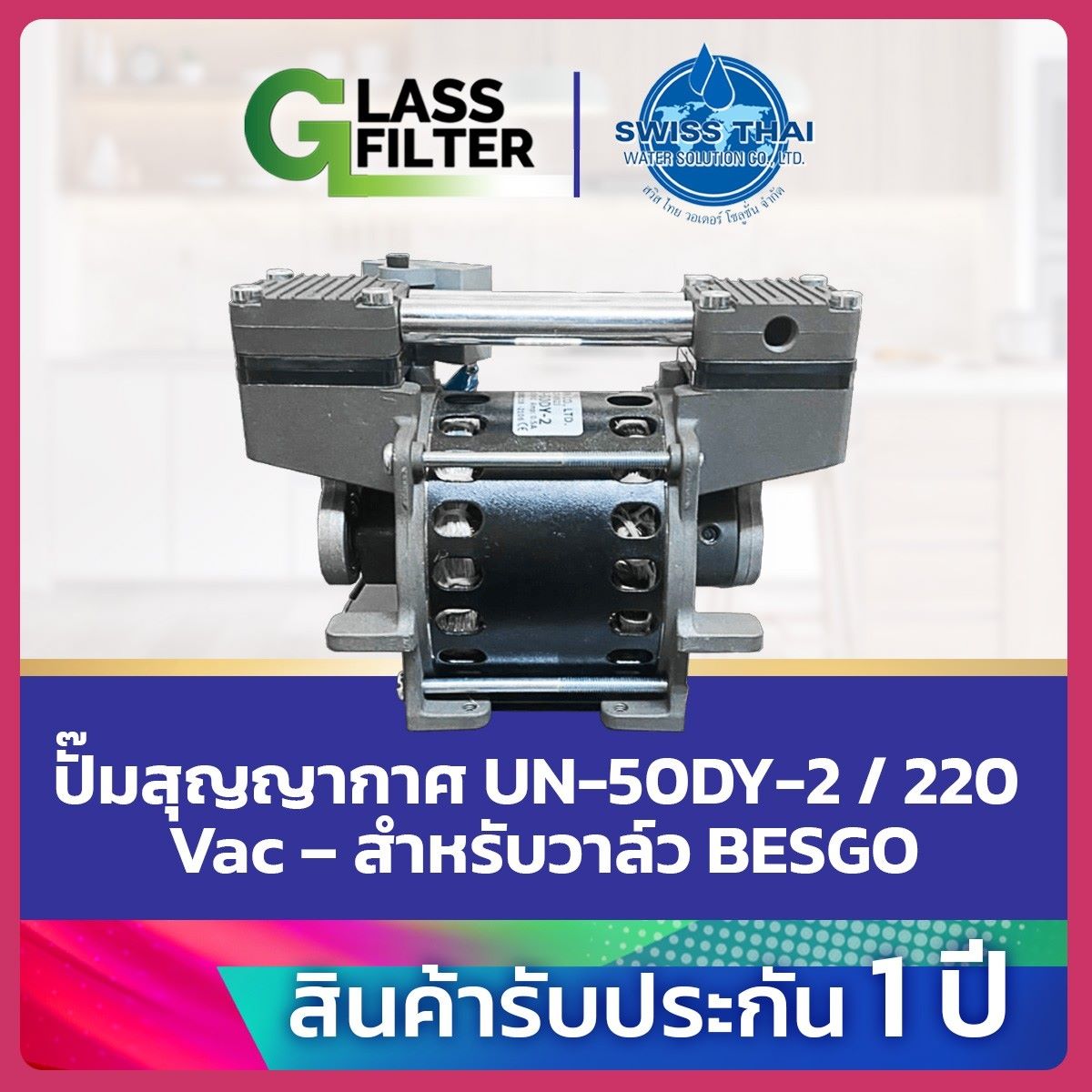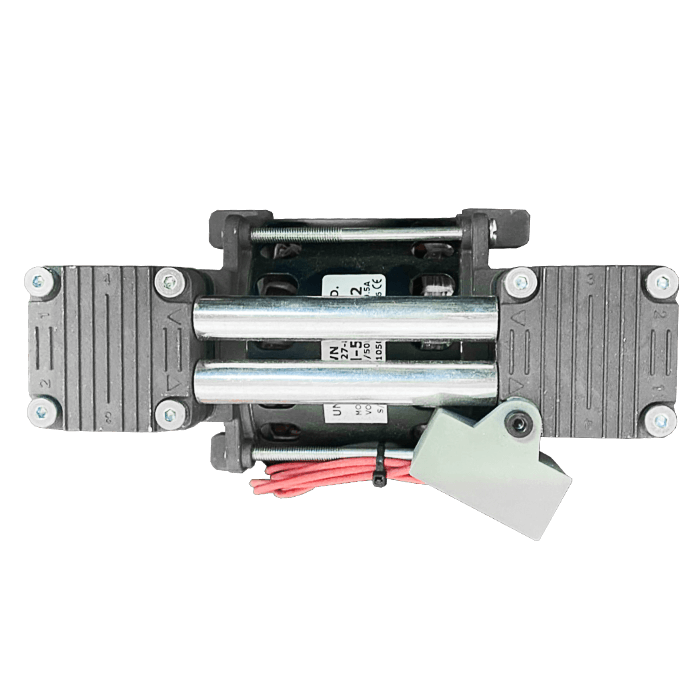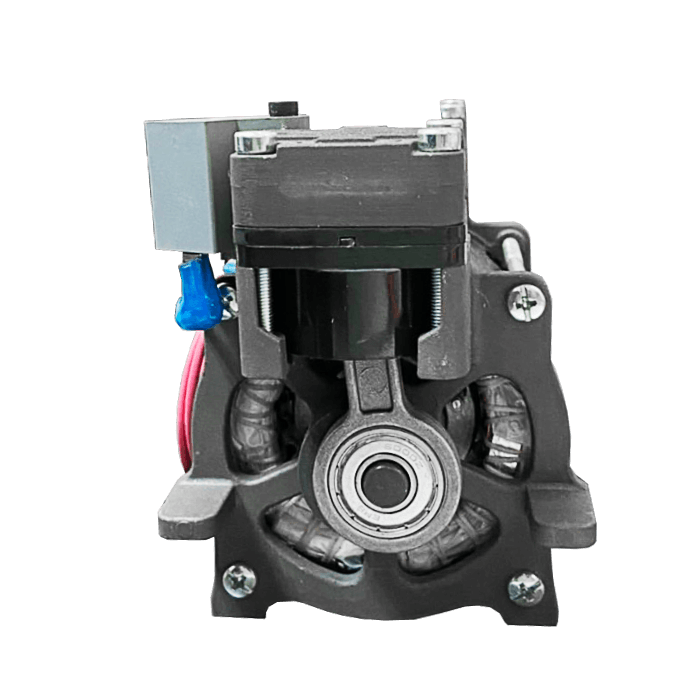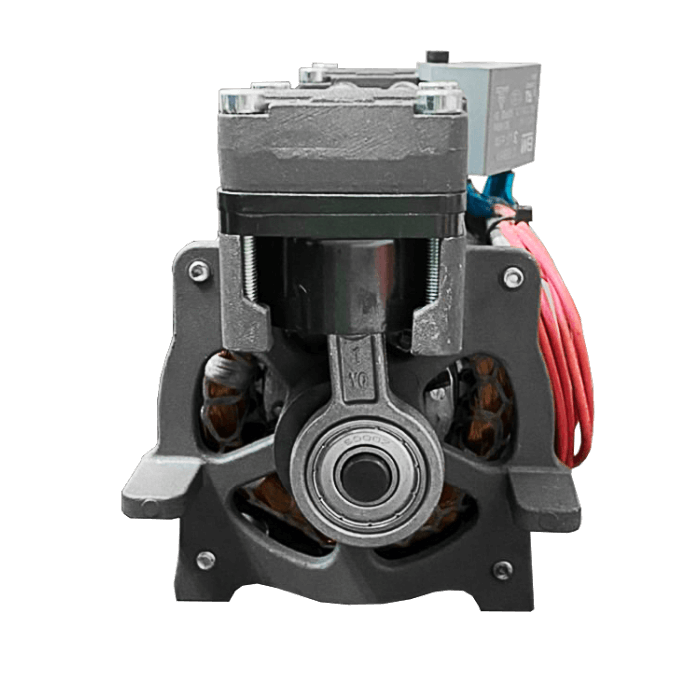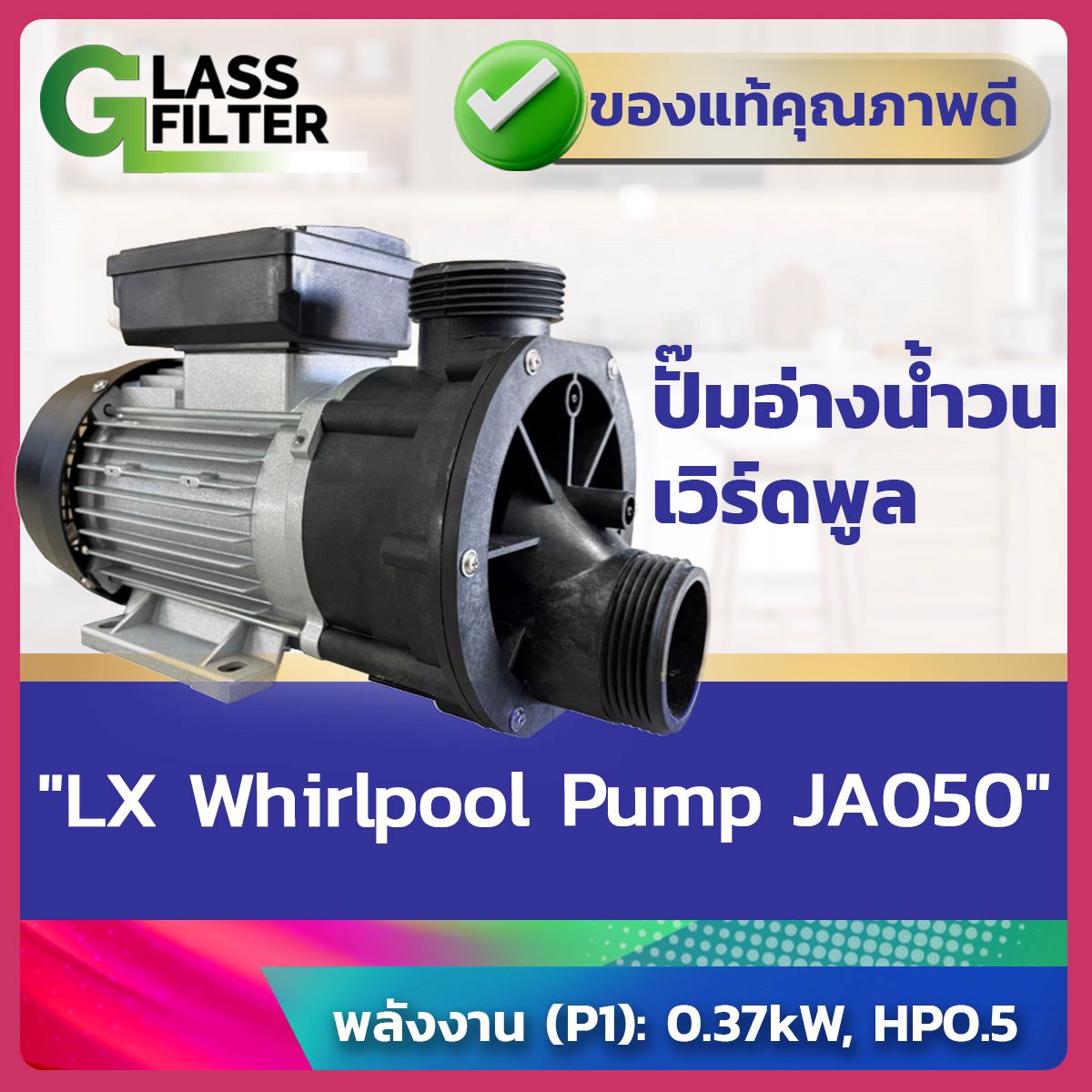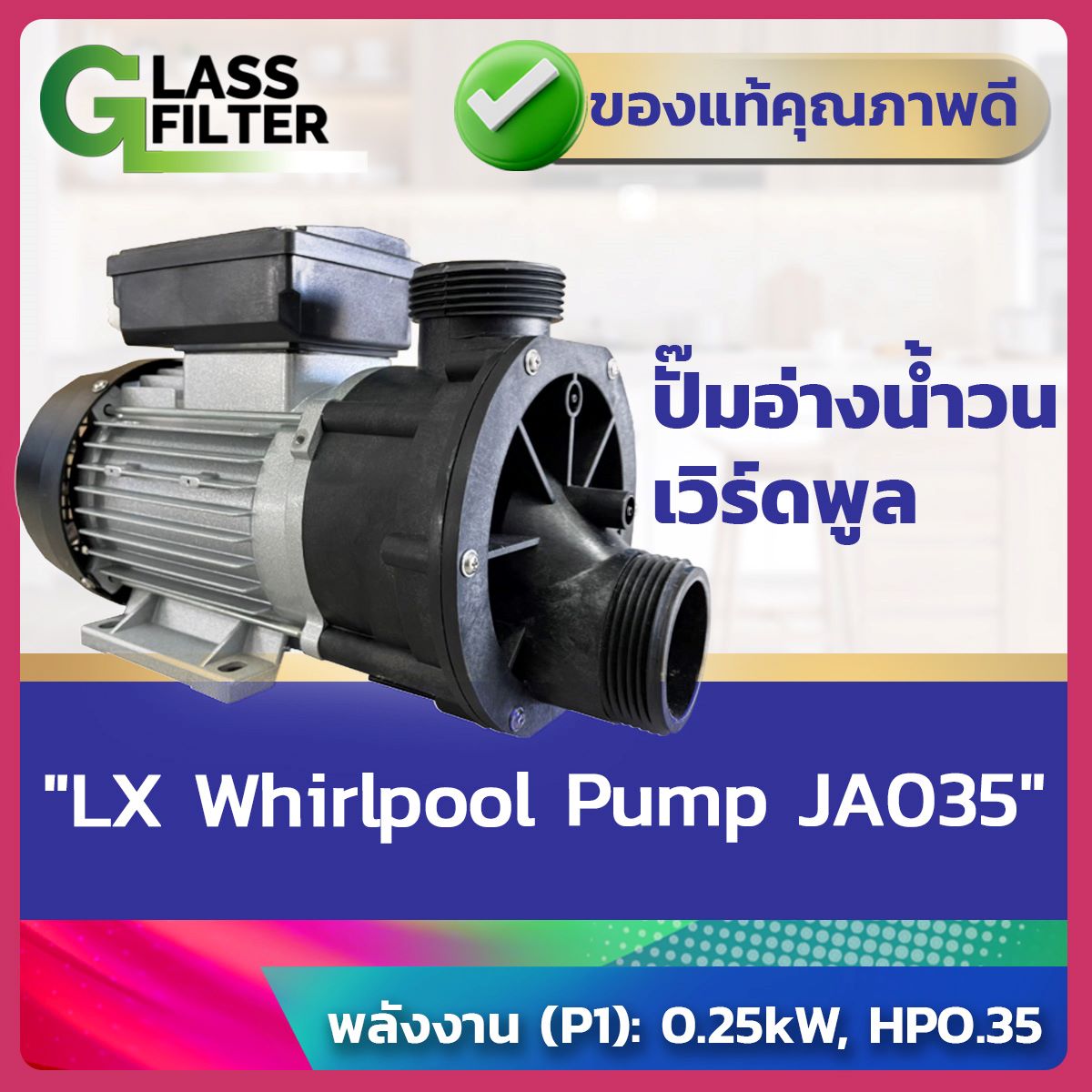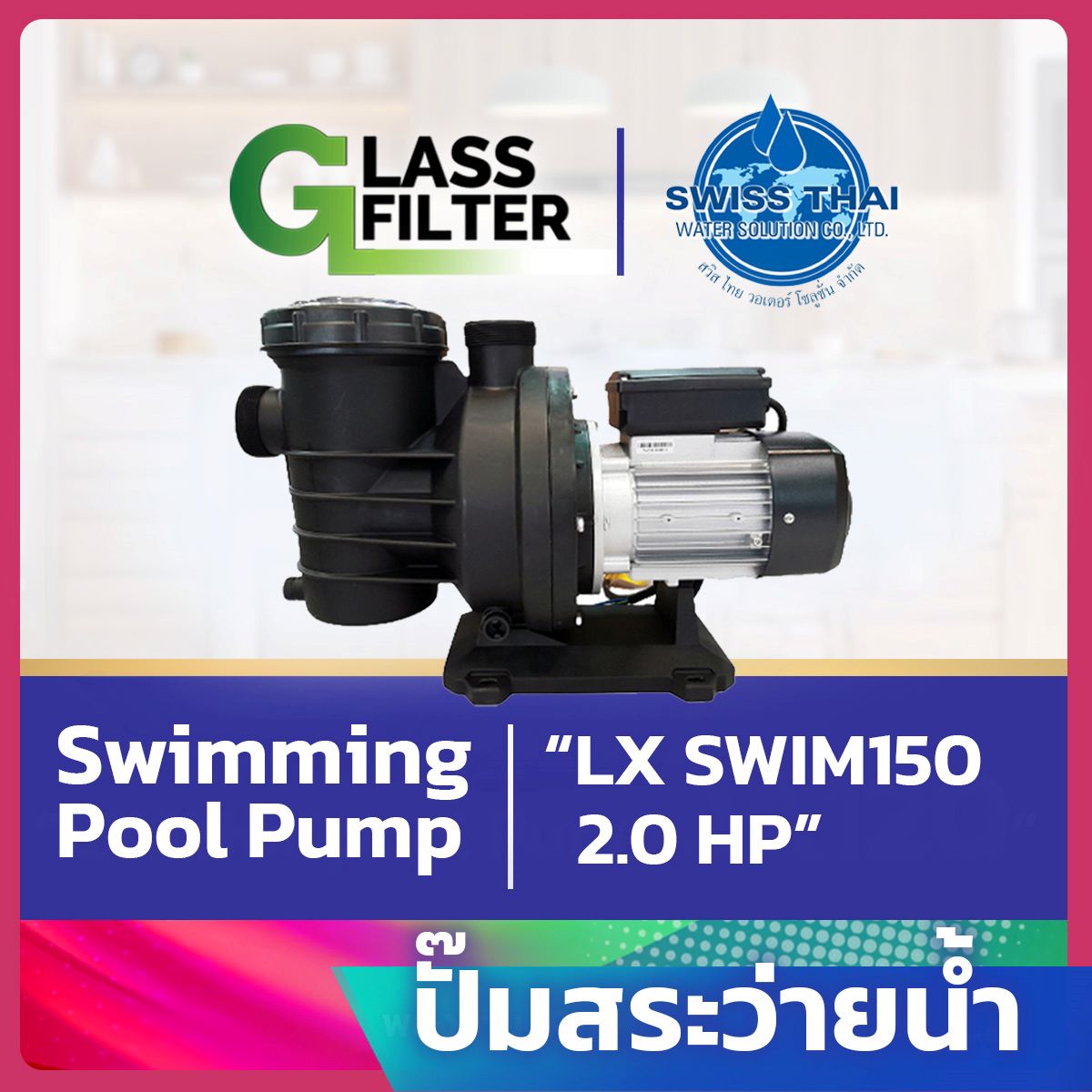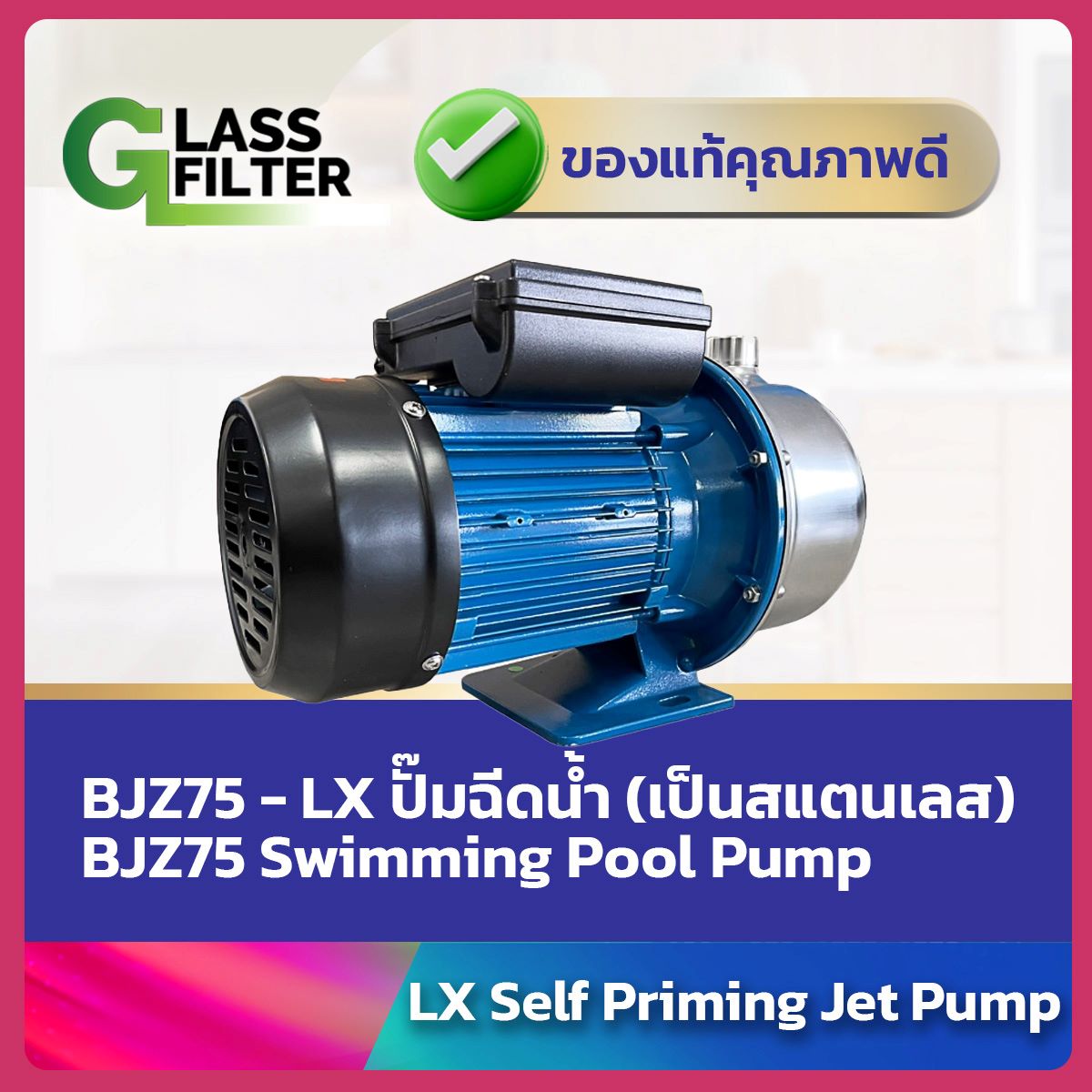What is a swimming pool/spa pump?
A swimming pool pump is a vital component of a pool’s circulation system, responsible for keeping the water clean, clear, and properly filtered. It serves as the heart of the pool’s plumbing network, facilitating the movement of water through various filtration systems and ensuring adequate distribution of chemicals.
At its core, a swimming pool pump consists of an electric motor connected to an impeller. The motor drives the impeller, which creates suction and pushes water through the pool’s filtration system. As water is drawn into the pump, it passes through a strainer basket that captures leaves, debris, and other particles, preventing them from entering the filtration system.
Once the water is filtered, it is pumped back into the pool through return jets, completing the circulation process. This constant movement of water helps distribute chemicals evenly throughout the pool, ensuring proper sanitation and chemical balance.
Swimming pool pumps come in various sizes and capacities to accommodate different pool volumes and filtration needs. The pump’s horsepower (HP) rating determines its ability to circulate water effectively. Larger pools or pools with complex filtration systems may require higher horsepower pumps to maintain optimal water quality.
In addition to filtration, swimming pool pumps also play a crucial role in maintaining water clarity and preventing algae growth. By circulating the water and preventing stagnation, pumps help distribute chlorine and other sanitizers evenly, effectively killing bacteria and algae that can thrive in stagnant water.
How to choose a pump for swimming pools or spas?
Pool size and volume: the size and volume of the pool or spa directly influence the pump’s horsepower (HP) requirements. Larger pools generally require pumps with higher horsepower to effectively circulate water throughout the entire pool.
Flow rate and turnover rate: the flow rate refers to the amount of water that the pump can move per minute, typically measured in gallons per minute (GPM). It’s essential to calculate the turnover rate, which is the time it takes for the pump to circulate the entire volume of water in the pool. A turnover rate of 6 to 8 hours is usually recommended for residential pools.
Hydraulic efficiency: look for pumps that offer high hydraulic efficiency, meaning they can move more water with less energy consumption. Energy-efficient pumps can help reduce electricity costs and minimize environmental impact.
Noise level: some pumps operate more quietly than others. If noise is a concern, consider investing in a pump with sound-dampening features or variable speed settings that allow for quieter operation during certain times of the day.
Variable speed vs single speed: variable-speed pumps offer greater energy efficiency by allowing users to adjust the pump’s speed and flow rate according to specific filtration and circulation needs. While they may have a higher upfront cost, variable-speed pumps can lead to significant long-term energy savings.

